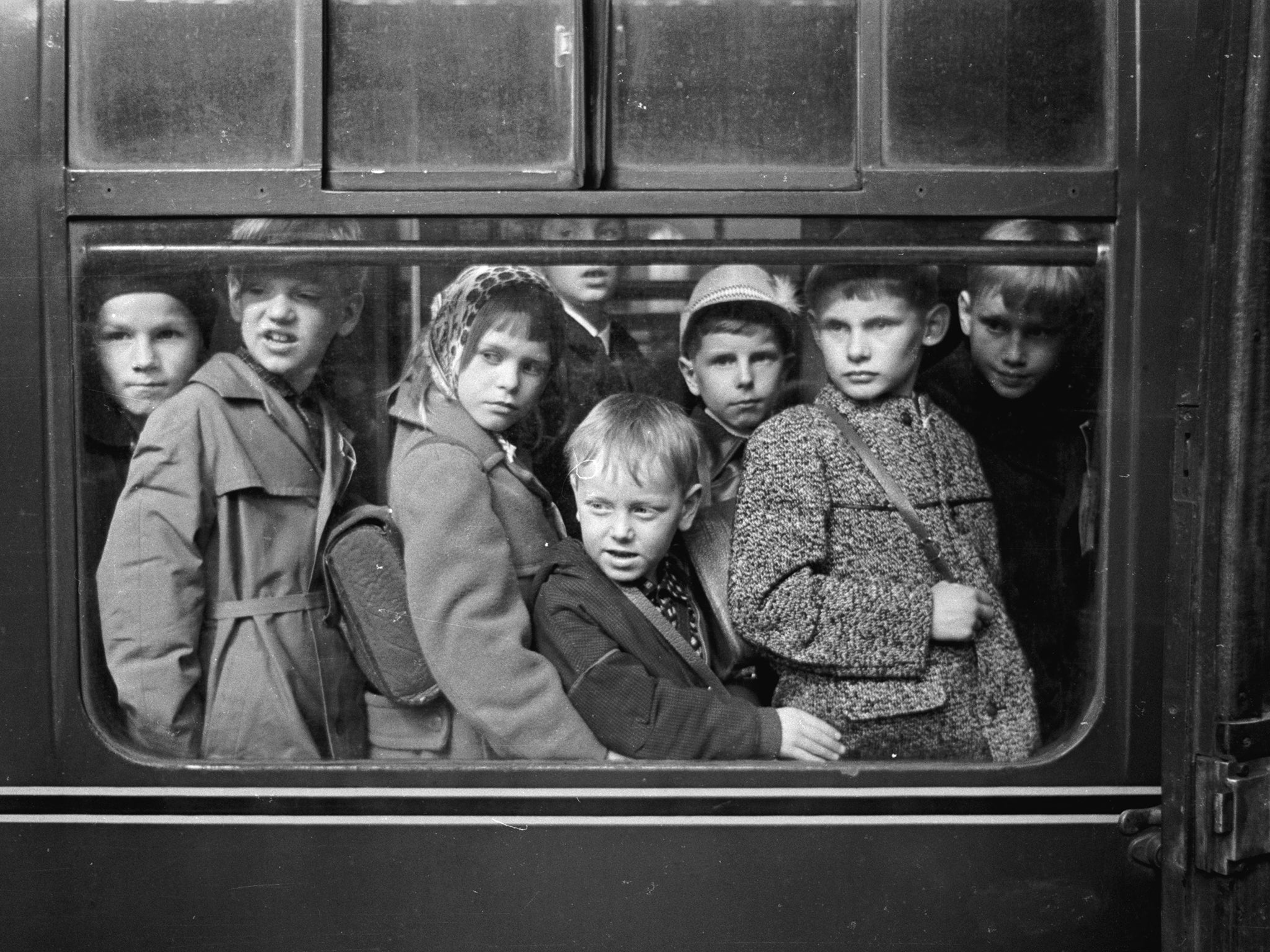It is difficult to believe the scale of the cruelty involved in the story of Britain’s child migrants. It was another form of institutional child abuse, of which we know there was far too much.
It was also a peculiarly British and Irish phenomenon; no other country practised anything like this policy for children who, in the phrase of the time, were “born out of wedlock”. They were given up for adoption – not always with the full-hearted consent of the mother. Many stayed in care homes and with adoptive families in this country, where there was a better chance of eventually being able to trace their biological parents. Those exported to Australia, New Zealand, Canada and Rhodesia (now Zimbabwe) had much less chance of finding their birth family later in life.
Only in recent years have some of the infants forcibly transported decades ago been reunited with their kin. Thanks to the Child Migrant Trust, many of these dismal tales are at least having some sort of happier ending – and one such story we are able to report today. Sadly, though, with the last such movements having taken place in 1970, many have died knowing little, if anything, about their personal histories.
There has been some talk about a judicial inquiry into this shameful episode. Yet much about what happened is in the public domain. In 1944, for example, the Prime Minister of Australia, John Curtin, declared in the federal parliament: “It is proposed that the Commonwealth seek out in Britain and Europe, in each of the first three post-War years, at least 17,000 children a year (about 50,000 in three years) suitable and available for migration to Australia.”
We know that the Roman Catholic Church’s moral teachings in particular effectively forced many single mothers to part from their babies, never to see them again. We also know that sexual and physical abuse was sometimes involved.
The various institutions and countries involved seem willing to disclose more about child migrancy, and to play their part in helping to reunite families. That is where the emphasis now best lies.


Join our commenting forum
Join thought-provoking conversations, follow other Independent readers and see their replies